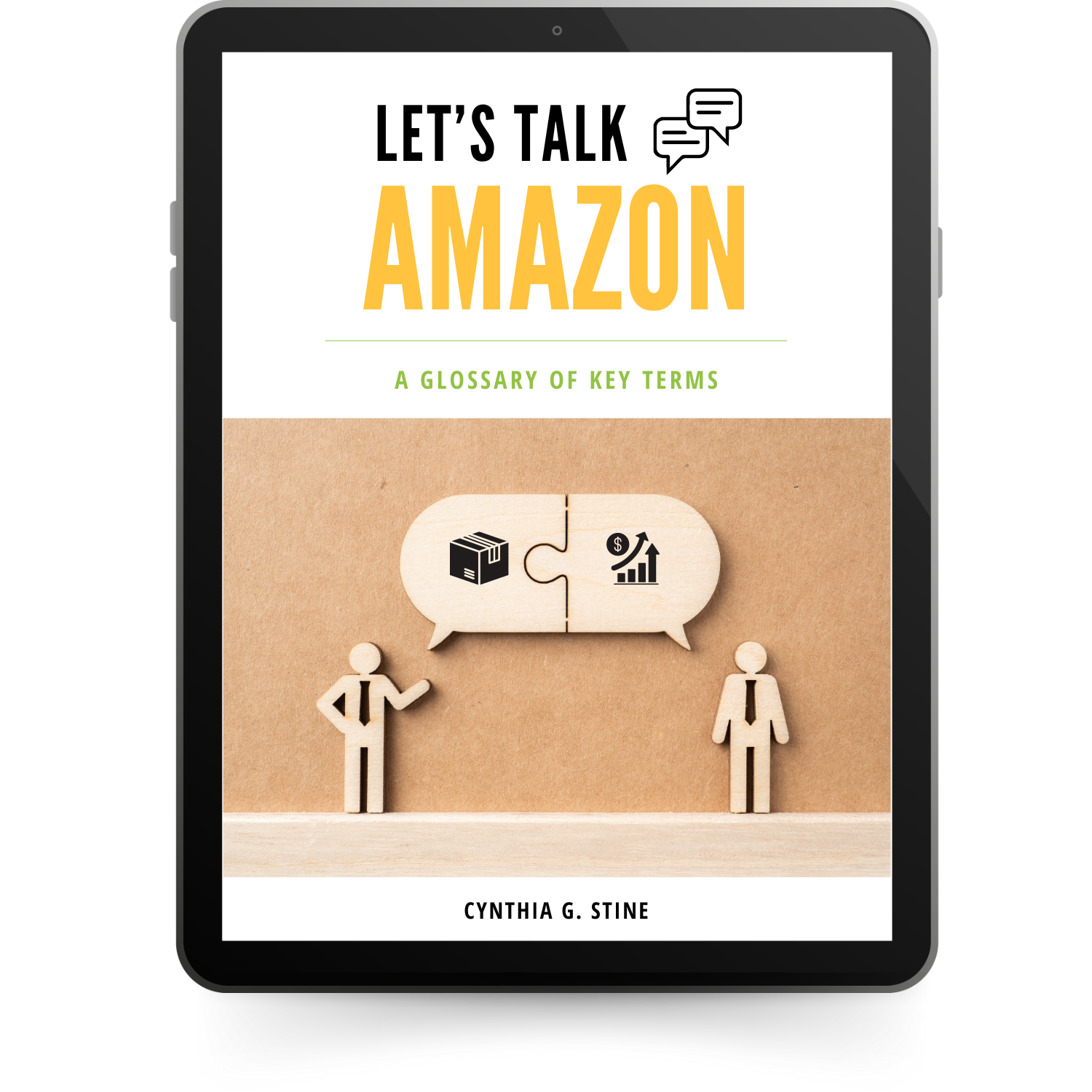Lately, there has been a rash of scams and schemes to separate Amazon sellers from their money. Sellers are getting suspended and sometimes getting permanently banned-It’s frustrating and depressing. But there is hope! The State of Washington has just filed a major lawsuit to protect sellers. Amazon is clearly behind the move and this is good news. In this post, we look at the lawsuit, as well as how to detect and protect yourself from potential rip-off artists, liars, thieves, and cheaters.
Yes, Virginia, There Is A Santa Claus For Amazon Sellers
On Dec. 6, 2017, the Attorney General of Washington State filed suit against Adam and Christopher Bowser and their companies FBA Distributors, Inc., AWS LLC, DOE Companies and FBA Stores, Inc. for unfair business practices, fraud, and violations of the Consumer Protection Act.
To summarize a 26-page lawsuit, the State of Washington alleges that these guys:
- Lied to new sellers about selling on Amazon
- Swindled them out of money – up to $35,000 per person
- Pretended to be affiliated with Amazon
- Sold them inventory that they made money from even if the students didn’t
- And taught them practices guaranteed to get them suspended on Amazon – all under the guise of being Amazon gurus, “big sellers” themselves and consultants
To top that off, they offered reinstatement services to their clients when (not if) they got suspended. It was a full lifecycle business.
Their approach was to go to a city and blast out thousands of free tickets to teach people about selling on Amazon and making big money on a part-time basis. They’d meet in a ballroom and sell them hard for the intensive 3-day workshop. After that, attendees would pony up more money for inventory purchases and coaching. They told people that Amazon endorsed what they were doing and that they worked closely with Amazon. They used Amazon brands, images, and logos on all their materials and websites.
The lawsuit further alleges that once they got attendees signed up, they taught their students to open multiple accounts, manipulate product reviews, “misrepresent” their identity to get into gated categories and brands and sell refurbished products as new.
As someone who has spent years picking up the pieces after bad actors who teach them the wrong practices, I was excited to read this. At last! Amazon is doing something to protect third-party sellers! Finally, they are hearing our complaints and reading our plans where we state that some self-proclaimed guru was teaching sellers the wrong way to sell. So many of our clients fall afoul of Amazon rules out of naivety and trust of someone to whom they gave their hard-earned cash. It breaks my heart.
The Bowsers are in the spotlight right now, but the fact is, there are lots of companies out there with similar approaches trying to get a seller’s money without delivering what they promise. I’ve personally turned in dozens of companies for abusing Amazon’s trademarks and intellectual property. One company gets shut down and another 10 pop-up. What’s a seller to do?
Want A Teacher/Coach? Avoid These Red Flags
Having a coach or mentor can make a tremendous difference in getting you started on Amazon. I benefited greatly from my friendships with Chris Green and Frank Florence, for example. The question is, who can you trust? How can you detect the people who don’t have your best interests at heart?
- Verify their claims. You can’t trust screenshots that people show you. They are easy to fake. But talk to others who have worked with your chosen coach. Ask about their strengths and weaknesses. Recognize that no one is perfect, but honesty and delivering on their promises are what you want to hear. Talk to other students on the phone, not through email or social media – This is thousands of dollars of your money.
- Never be pressured to buy something expensive on the spot. Never. That “good only for the next 30 minutes” deal? They’ll offer it to you again. Believe me.
- Do they offer a full refund within a reasonable amount of time to review the program? I’d advise at least three days. Many of the legit ones offer 30 days or more.
- Don’t buy inventory from your coach. This will get me some angry emails, but if they are not teaching you how to find and evaluate your own deals then they are doing you a disservice. If a coach has a vested interest in you buying inventory from her/him or is pushing it hard…think twice. Some “gurus” I’ve seen are marking up the inventory as much as 35% before selling it to their students. They’ll make money no matter what…but will you? And, believe me, if the deal turns out to be a dud? They are going to blame YOU for not looking at the deal closely, not themselves.
- Check their resources. If they are offering you shared warehouse space or a prep and pack center or whatever, check the prices against others in the industry. This is your business. You owe it to yourself. The bundle package can be enticing and helpful. Just make sure you are not paying a huge premium for it. You should be saving money working with your coach.
- Are they compliant? This is a tough one for newbies to figure out, obviously. They don’t know what they don’t know. I’ll give you the best advice right here for free: Read the contract you signed with Amazon. Devour Seller Central Help. You are looking for policy violations, style guidelines (for your listings), restricted categories and products. Look up GS1, bundles, multipacks. Anything you plan to do, check in Seller Central Help first. Want to sell refurbished products? Know the rules. Find out how to become a certified refurbished seller. Want to sell books? Learn how books are graded. Understand why textbooks are vulnerable to counterfeit claims. Know the rules for sending inventory to Amazon.
- There are no “tricks” or shortcuts to fool Amazon or manipulate your sales. Amazon always finds out eventually. They have a remarkable god’s eye view of their platform, and I promise you they will find out and shut you down. Be very careful about the fads that go around Facebook and compare what they are doing to the rules Amazon has given us. I hate to say this, but many companies that say they are compliant…are not. There are exceptions, but there are service providers and gurus who are teaching ways to manipulate the algorithm, buy reviews without being caught (hah!) or improve your rankings artificially with blitzes on the system (typing in your keywords hundreds of times a day, for example). We help sellers suspended for product reviews or platform manipulation every week. I’ve been teaching compliance for years and still the message isn’t getting through to everyone. Be the seller who hears me on this.
- You must have permission for multiple accounts. If you are opening multiple accounts without Amazon’s permission, you are taking a big risk for “linked accounts.” I understand why sellers do it, and I have no comment on whether they are wrong or right to want a backup account (or 10), but I make sure they know they are violating Amazon’s terms of service and taking a risk. Anyone who tells you it is safe or OK, or even a good idea does not have your best interests at heart.
- Don’t give up control, ever. Some consultants offer to take over your account and manage it for you. This is a helpful service – if they are trustworthy. Before you do this, however, you should learn how to run your own account from soup to nuts. Make sure you understand what is happening on your account and that you retain ultimate control. I’ve had several suspended sellers who turned over control to someone else and got suspended. Guess what? Amazon doesn’t care if you have helpers, but they hold YOU ultimately responsible when things go wrong. Make sure you are getting regular reports and that you are reading them.
- Don’t fake documents. This is a biggie. We had several sellers recently suspended for submitting false documents to get ungated in a category or to prove the authenticity of their inventory (obviously, it wasn’t). Never, never alter or manufacture documents. Amazon has several ways of finding out from specialty software to a huge database of real invoices to compare yours to. One ungating service provider has a testimonial on its website that says “…got it approved with no info from me! I wish I knew the secret!” We know the secret. They faked documents which got our naïve client suspended. This is a big red flag! There are only two ways* you are going to get ungated without the invoices Amazon requires – an insider contact who is violating his/her employee contract with Amazon, or faked documents. Neither of these strategies works for very long. Do you want to be the seller caught by Amazon when the music stops? Once Amazon annotates in your account that you are submitting fake documents it is really hard to get you reinstated. The risk of faking documents – any documents – is huge. We’ve had clients fail verification because they faked their required utility bill – they were never allowed to sell on Amazon. Their chance was gone. Verification means that Amazon calls and checks everything you send them. Don’t screw it up.
*Private Label sellers can get ungated in some categories without invoices, but there is paperwork associated with that method as well.
Read More: Protect Your Amazon Seller Account From Fraud, Scams And Bad Actors | Part 2
Compliance Questions? Buying or Selling an Amazon Business? Call Us!
If you are concerned about some tactic being compliant or the health of your account or don’t understand a notification from Amazon, contact us. We offer hourly consulting for questions like these. In addition, our Suspension Prevention Assessment looks at your account the way Amazon does and gives you an hour-long consultation about your account – and anything else you want to talk about.
Our assessment is also helpful for investors looking to buy an Amazon seller’s business. We can tell you risky behaviors and potential problems in the company you want to buy. We are discreet and will sign confidentiality agreements. However, the company in question must give us permission to look at their account. We’ve also had clients get an assessment to give to potential investors/buyers.




